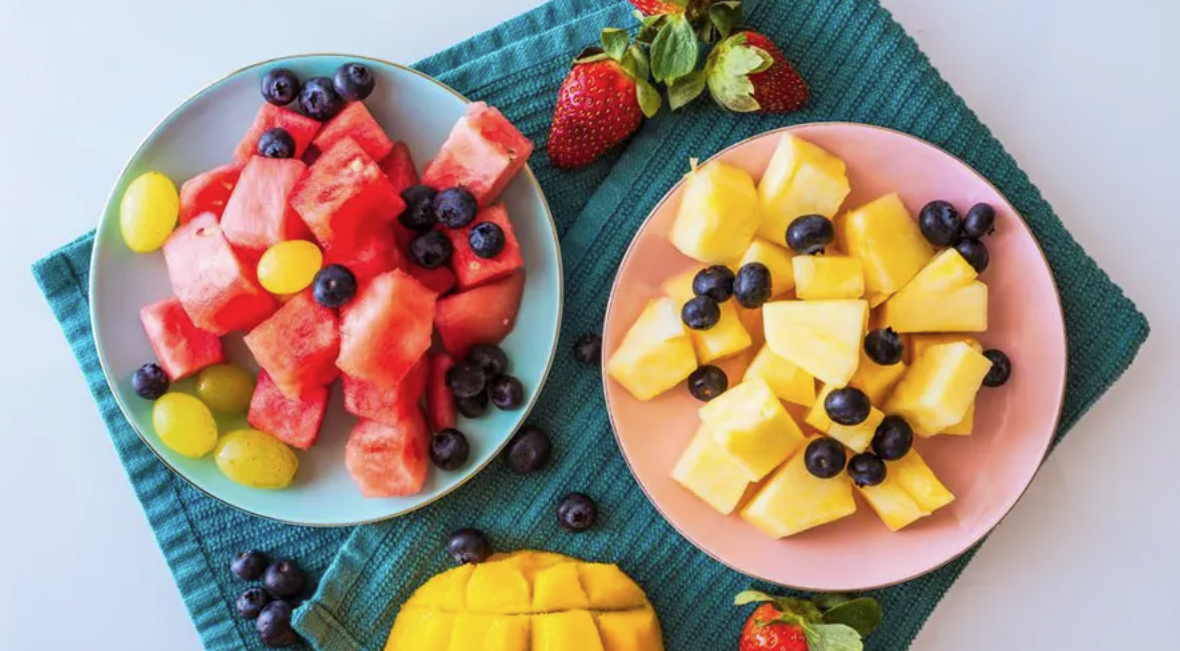Pre-Workout Nutrition
Introduction:
Many athletes and the general public sometimes feel lethargic midway through a workout and are unable to perform their best. However, this can be prevented by addressing a crucial factor that shapes performance: pre-workout nutrition.
Why is a Pre-Workout Snack Important?
Without a pre-workout snack, you may crash halfway through and get less out of the activity. The goal of a pre-workout snack is to give you some energy between meals and allow you to perform to your fullest extent. The carbohydrates in your snack will help maximize your body’s ability to use glycogen to fuel short and high-intensity exercises; the protein helps improve muscle protein synthesis, prevent muscle damage, and promote recovery; the fat helps fuel your body for longer exercise sessions.
Overall, having a pre-workout snack will improve performance and increase recovery efficiency. Lacking proper nutrition during a workout can reduce muscle mass, lower bone density, and cause fatigue. This creates a risk of illnesses and injuries, which will increase recovery time and cause hormonal problems.
What Makes a Good Pre-Workout Snack?
A good pre-workout snack consists of a mix of carbohydrates with moderate amounts of protein and fat. Ideally, the snacks will have around 100-200 calories and 4-10 grams of protein per serving.
For shorter or lighter-intensity activities, the lower end of the range would be enough. For longer or more intense exercise, you will often require something with a little more energy—around 150-200 calories. However, another factor to consider is timing. If you are eating 1-3 hours before your workout, then eat a decent meal with carbs, proteins, and fats. If you are eating 30–60 minutes before your workout, choose foods that are easy to digest and contain mainly carbs and some protein. Just remember, the closer to the workout, the easier to digest the snack has to be, otherwise you will feel lethargic during the training.
However, the amount of calories you should be eating is still dependent on your age, weight, and other factors. A person who is larger due to more muscle, fat, or height burns more calories. This is also true during exercise since the body has to do more work to provide energy to a larger person than it would to a smaller person. For personal advice, please consult with a medical professional.
Examples Of Snacks For Workouts Before 1-3 Hours:
Meals (a decent amount of time before the workout)
Sandwich on whole-grain bread, lean protein, and a side salad
Egg omelet and whole-grain toast topped with avocado spread and a cup of fruit
Any lean protein, brown rice, and roasted vegetables
Lighter snacks
Protein smoothie made of milk, protein powder, banana, and mixed berries
Any type of whole-grain cereal and milk
A cup of oatmeal topped with banana and sliced almonds
Some almond butter and fruit preserve sandwich on whole-grain bread
Examples Of Snacks For Workouts Before 30-60 Minutes:
A piece of fruit, such as a banana, orange, or apple
Some greek yogurt
A small granola bar
A slice of toast with jam or honey
A handful of dry cereal
A cracker topped with peanut butter
A rice cake topped with hummus or avocado
Conclusion:
In conclusion, the importance of a well-balanced pre-workout snack cannot be overstated. As a crucial factor influencing athletic performance, pre-workout nutrition plays an important role in maintaining energy levels, optimizing muscle function, and reducing recovery time. An ideal snack consisting of carbohydrates, protein, and fats, serves to enhance overall performance. As a general disclaimer, the information provided here is for educational purposes only. Your health and wellness is unique to you, and the services we review may not be right for your circumstances. We do not offer individual medical advice, diagnosis or treatment plans. For personal advice, please consult with a medical professional.



